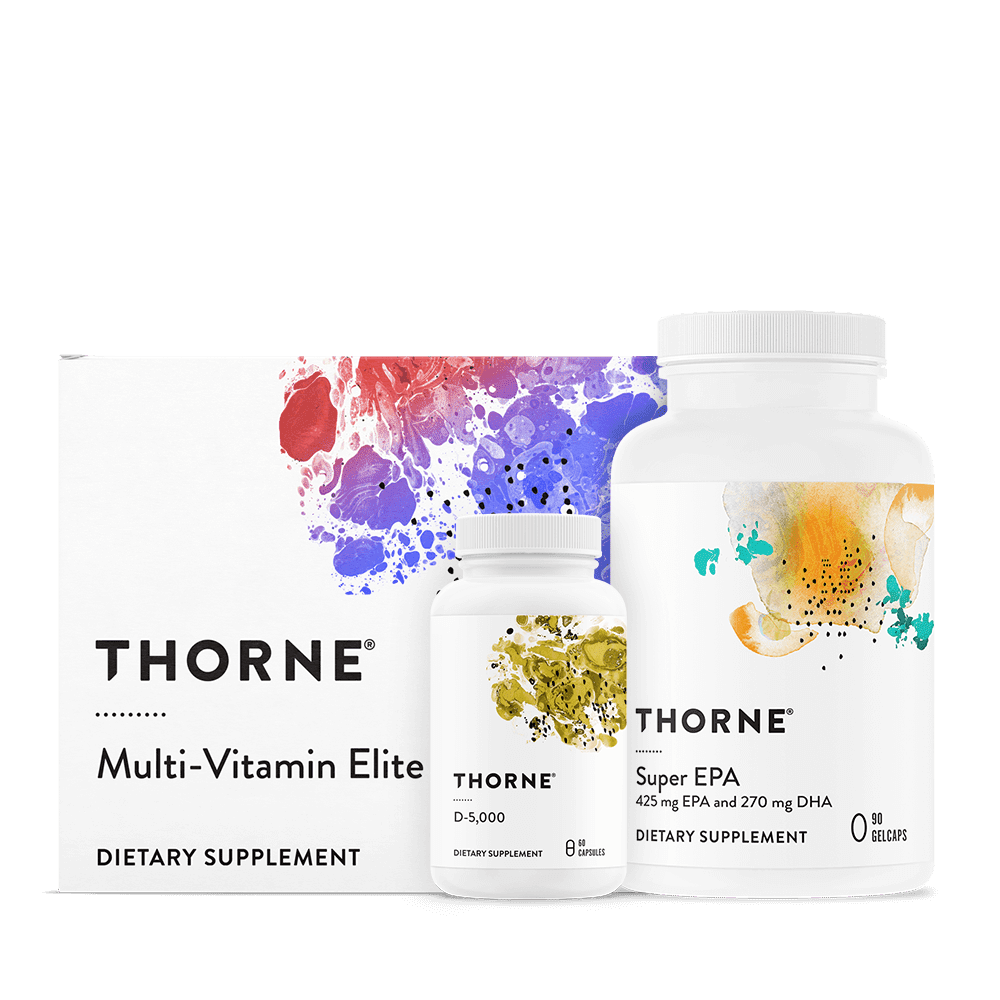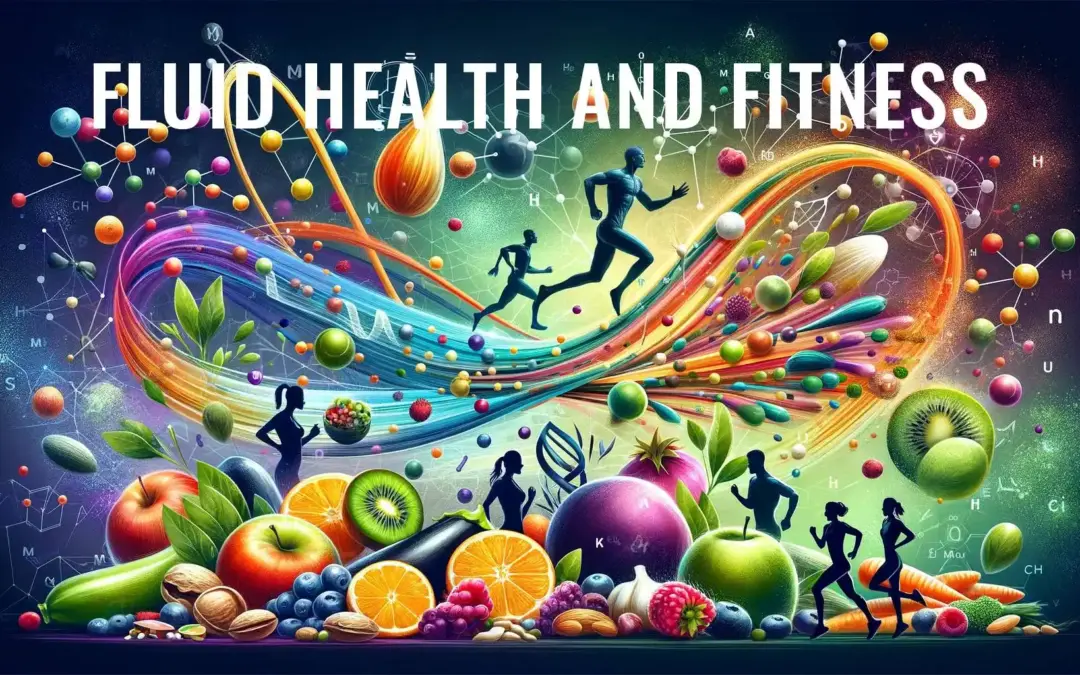
At Fluid Health and Fitness, we often discuss macronutrients like proteins, fats, and carbohydrates, which are crucial for energy and growth. However, micronutrients—vitamins and minerals—are equally essential, though they are needed in smaller quantities. These nutrients are vital cofactors in metabolic processes, including those that govern weight loss and recovery from exercise. This blog explores how micronutrients influence your metabolism and the consequences of their deficiencies while also providing guidance on optimal intake levels and the importance of supplement quality.
The Role of Micronutrients in Metabolism
Micronutrients such as vitamins and minerals play critical roles as enzymatic cofactors in the body’s metabolic pathways. This means they help facilitate the chemical reactions that convert food into energy or new tissue. For example, B vitamins are crucial for energy metabolism; without them, the body struggles to utilize the energy provided by carbohydrates and fats. Similarly, minerals like zinc and magnesium are essential for protein synthesis and muscle recovery, influencing both your ability to exercise and lose weight.
Impact of Micronutrient Deficiency
A deficiency in these essential nutrients can disrupt these metabolic processes, leading to decreased energy levels, impaired muscle recovery, and slowed metabolic rates, all of which can hinder weight loss and health. Chronic micronutrient deficiencies can lead to more serious health issues, such as weakened immune response, poor bone health, and increased risk of chronic diseases.
Suggested Micronutrient Intake
The recommended daily intake of micronutrients varies based on factors like age, gender, activity level, and overall health. For active individuals, the need for certain micronutrients—especially those involved in energy metabolism and muscle function—may increase. For instance:
- Vitamin C: Essential for collagen production and immune function. Active individuals should aim for at least 75-90 mg per day.
- Vitamin D and Calcium: Crucial for bone health, with suggested intakes of 600 IU and 1000 mg per day, respectively.
- Iron: Essential for oxygen transport; recommended at 8 mg for men and 18 mg for women daily, with higher needs for athletes.
Sources of Micronutrients
A diet rich in fruits, vegetables, whole grains, and lean proteins can typically provide most of these micronutrients. For example:
- Leafy greens and dairy products are excellent sources of calcium and iron.
- Citrus fruits and berries are high in vitamins C and E.
- Nuts and seeds can provide zinc and magnesium.
When to Consider Supplementation
Supplementation may be necessary when dietary intake is insufficient or when an individual has higher physiological needs, such as in athletes or those with specific health conditions. However, it is crucial to choose supplements that are third-party tested for purity and potency. This ensures that the product is free from contaminants and delivers the claimed nutrients effectively.
Importance of Third-Party Validation
Third-party validation, such as certifications from NSF or USP, is crucial as it provides an unbiased guarantee that the supplements meet high quality and safety standards. This assurance is essential for both health and performance, as poor-quality supplements may not provide the intended benefits and could even be harmful.
Take Aways
Understanding the role of micronutrients in metabolism and ensuring adequate intake can significantly affect your health, weight management, and recovery capabilities. At Fluid Health and Fitness, we encourage you to focus not only on macronutrients but also on the vital role of micronutrients. By incorporating a diverse array of nutrient-rich foods and considering high-quality supplements when necessary, you can support your metabolic health and achieve better fitness outcomes.
By staying informed and proactive about micronutrient consumption, you empower yourself to reach optimal health and performance, ensuring that your body functions at its best both inside and out.
References
- Institute of Medicine (US) Panel on Micronutrients. (2001). *Dietary Reference Intakes for Vitamin C, Vitamin E, Selenium, and Carotenoids*. National Academies Press (US). This resource provides detailed guidelines on the recommended daily allowances for vitamins and minerals, particularly focusing on antioxidant vitamins which are crucial for preventing oxidative stress during metabolic processes.
- Institute of Medicine (US) Committee to Review Dietary Reference Intakes for Vitamin D and Calcium. (2011). *Dietary Reference Intakes for Calcium and Vitamin D*. National Academies Press (US). This book offers extensive information on the role of vitamin D and calcium in bone health and their increased necessity in active individuals.
- Kathleen M. Zelman, MPH, RD, LD. (2020). “The Impact of Micronutrients on Physical Performance.” *Nutrition Today*, 55(2), 65-70. Zelman discusses how micronutrients support energy metabolism and physical performance, providing a clear link between nutrient intake and energy utilization.
- Beck, K.L., Thomson, J.S., Swift, R.J., and von Hurst, P.R. (2015). “Role of nutrition in performance enhancement and postexercise recovery.” *Open Access Journal of Sports Medicine*, 6, 259-267. This article explores the roles of various micronutrients in muscle recovery and performance enhancement, highlighting the necessity for adequate nutrient intake in active populations.
- Shils, M.E., Shike, M., Ross, A.C., Caballero, B., Cousins, R.J. (2006). *Modern Nutrition in Health and Disease*. 10th Edition, Lippincott Williams & Wilkins. This comprehensive textbook covers the role of vitamins and minerals across a wide range of biological functions and the consequences of deficiencies.





